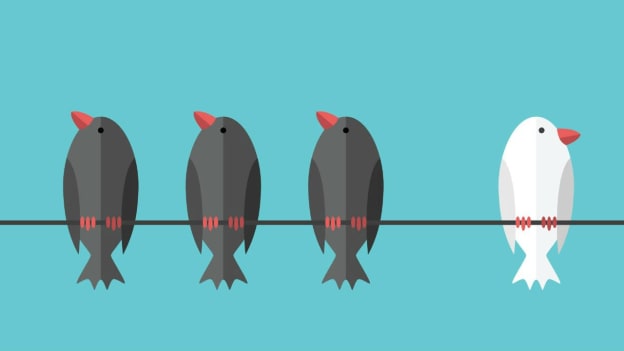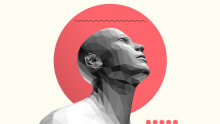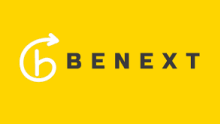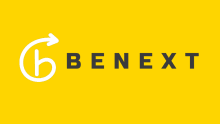Episode 4 of the BeNext Radio Show Podcast: Understanding Unconscious Bias

In the fourth episode of the BeNext Radio Show, we explore unconscious bias which, in essence, is the prejudices and stereotypes we might hold in our heads but are not aware of. Here, we feature an earlier conversation with Sondra Thiederman, Ph.D., President of Cross-Cultural Communications and author of four books, including 'Three Keys to Defeating Unconscious Bias: Watch, Think, Act.’ Maia Jenkins and Sondra discuss these biases - where do they come from? How can we spot them? How do we overcome them? What can leaders do to avoid having their D&I efforts undermined by these biases?
Sondra is also one of our Lighthouse Keepers on the BeNext D&I: Overcoming Unconscious Bias program starting on May 10th. If this is a program you'd like to explore, click here.
What is an unconscious bias?
As Sondra outlines in the conversation, the great news about unconscious bias is that there is a lot we can do to overcome them. Firstly, we have to watch ourselves and ask ourselves questions. For example: what’s the first thought we have when we encounter someone different from ourselves? Is there a thought or an assumption that jumps into our minds that might just be a bias? Another way is to examine your own decision-making. What are the choices you’re making when it comes to hiring, for example. If you’re continually seeking out the same kinds of people from the same groups, you might want to delve deeper into why you make those choices. It could be because of an unconscious bias.
The conversations around unconscious bias have accelerated in recent years as organisations have shifted their definitions around teams, hierarchies and work. The COVID-19 pandemic has shed light on how little control we truly have on what’s going to happen. This has driven the imperative to tap into everyone’s viewpoints to gain a 360 perspective on complex, uncertain situations in the hope of finding a solution. Unconscious biases undermine these efforts because they prevent leaders from seeing and understanding people for who they are and uncovering their true potential.
So what can be done? In the Podcast, Sondra returns to her childhood and tells the story of her own parents. By recalling and reflecting on the overly welcoming attitudes her mother took to African-American people who had moved into their largely Anglosaxon neighborhood, Sondra was able to pinpoint where a subtle unconscious bias of her own had come from. Following this realisation, Sondra put in the work to address and weaken this bias in her adult life. In the workplace, these biases can creep into everything: who gets invited onto last-minute business trips, for example, or who is called upon to speak more often in important meetings. Like Sondra, leaders can work to find the root of these biases and address them, making space for people who are different and create a more inclusive working environment.
It’s also important to note that unconscious biases can be ‘positive’ as well. For example, unconscious beliefs about a certain group might lead us to believe individuals have capabilities or aptitude in certain areas that they simply aren’t interested in at all. An ability to see people for who they really are has huge implications for business. As Sondra points out, “we can’t motivate [people] because we assume they’re going to want a particular thing because of the group that they belong to. Motivation is everything. We can’t create a culture in which they feel comfortable, so we’re apt to get people leaving if they aren’t comfortable within the culture, if they don't feel that their ideas and the way they are and what they have to bring is being valued. Biases interfere with that.”
As Sondra points out, awareness is the first piece, but it’s also important to analyze the patterns in your own biases. “How many people do you actually know who conform to that quality that’s popping into your brain?” Sondra asks. “How many people do you know who don’t conform?” When we notice, analyze and question the roots of our unconscious bias, we’ll see that these assumptions don’t reflect the reality of the people around us who we know or work with every day.
Sondra is one of the seven Lighthouse Keepers who will be bringing their varied perspectives and insights to the four-week BeNext ‘D&I: Overcoming Unconscious Bias’ program starting on May 10th.
To download the radio show through Spotify, click here.
To download through Apple, click here.
To download the radio show through Google, click here.







